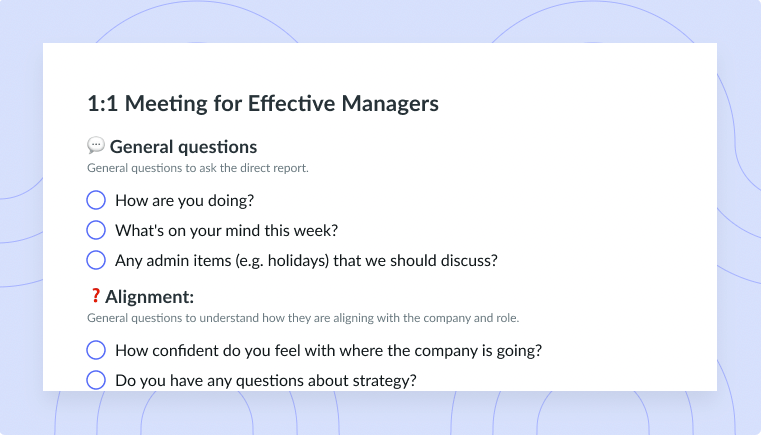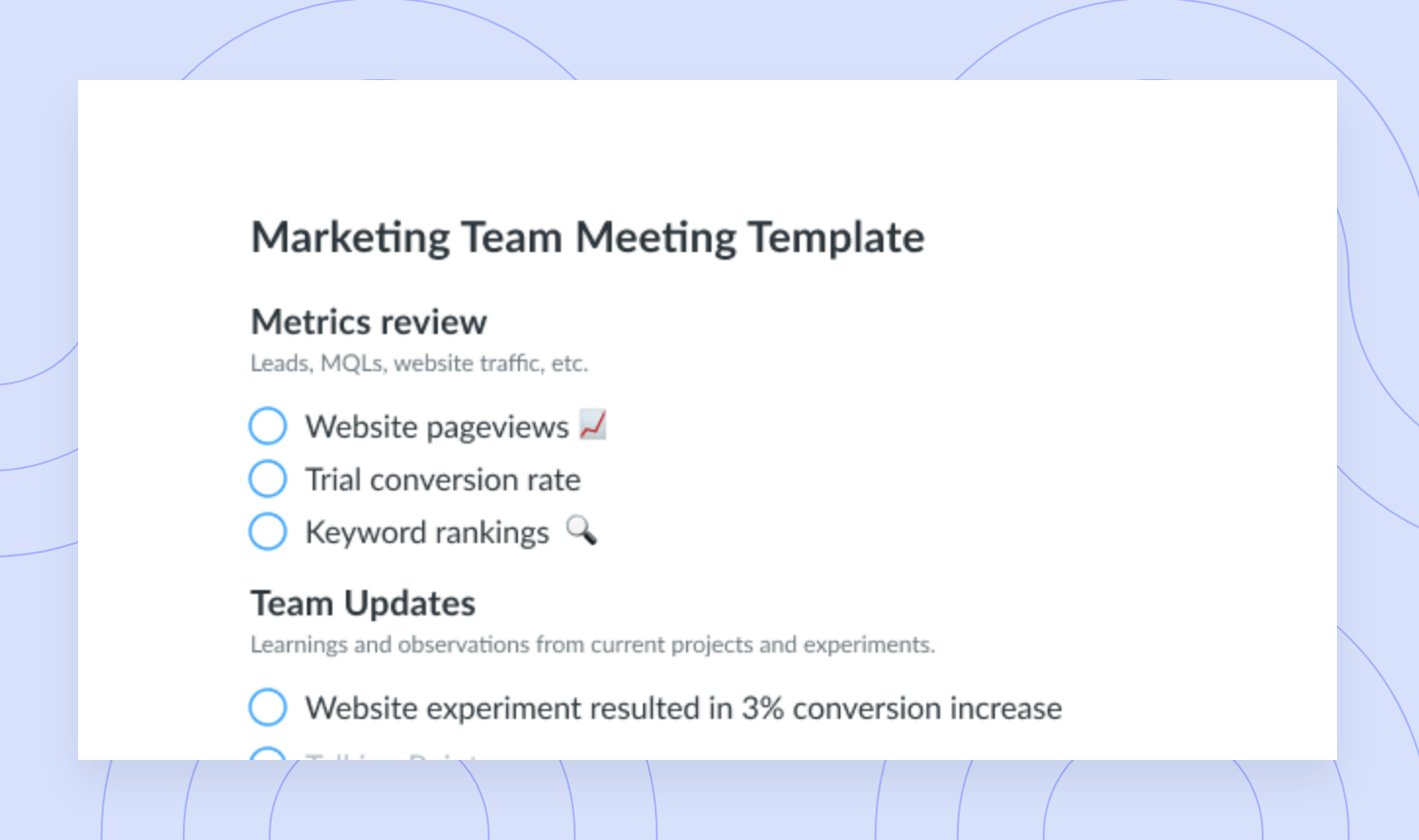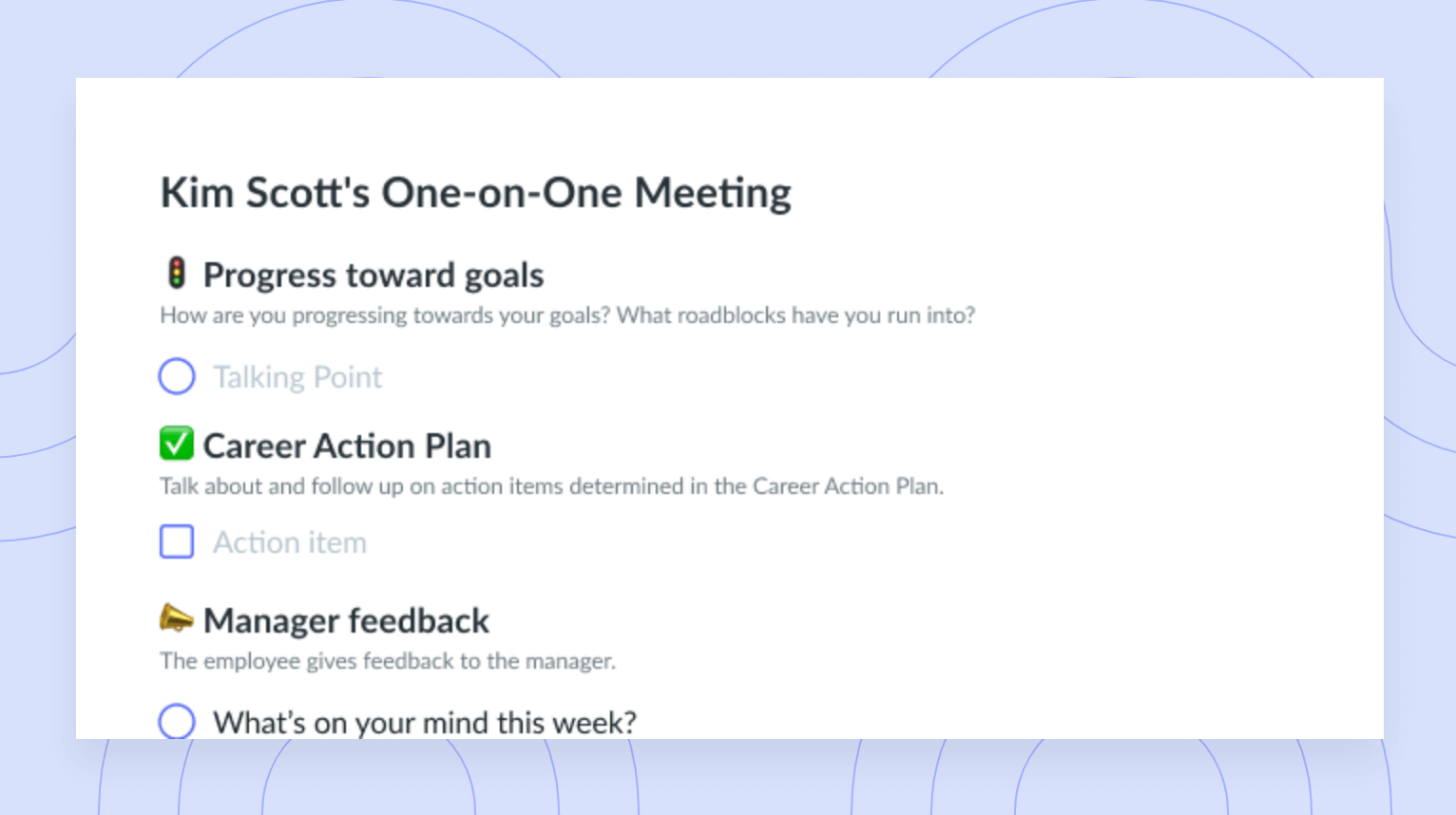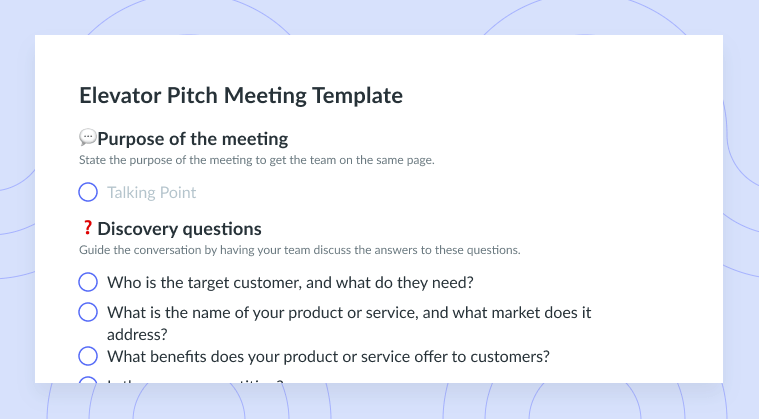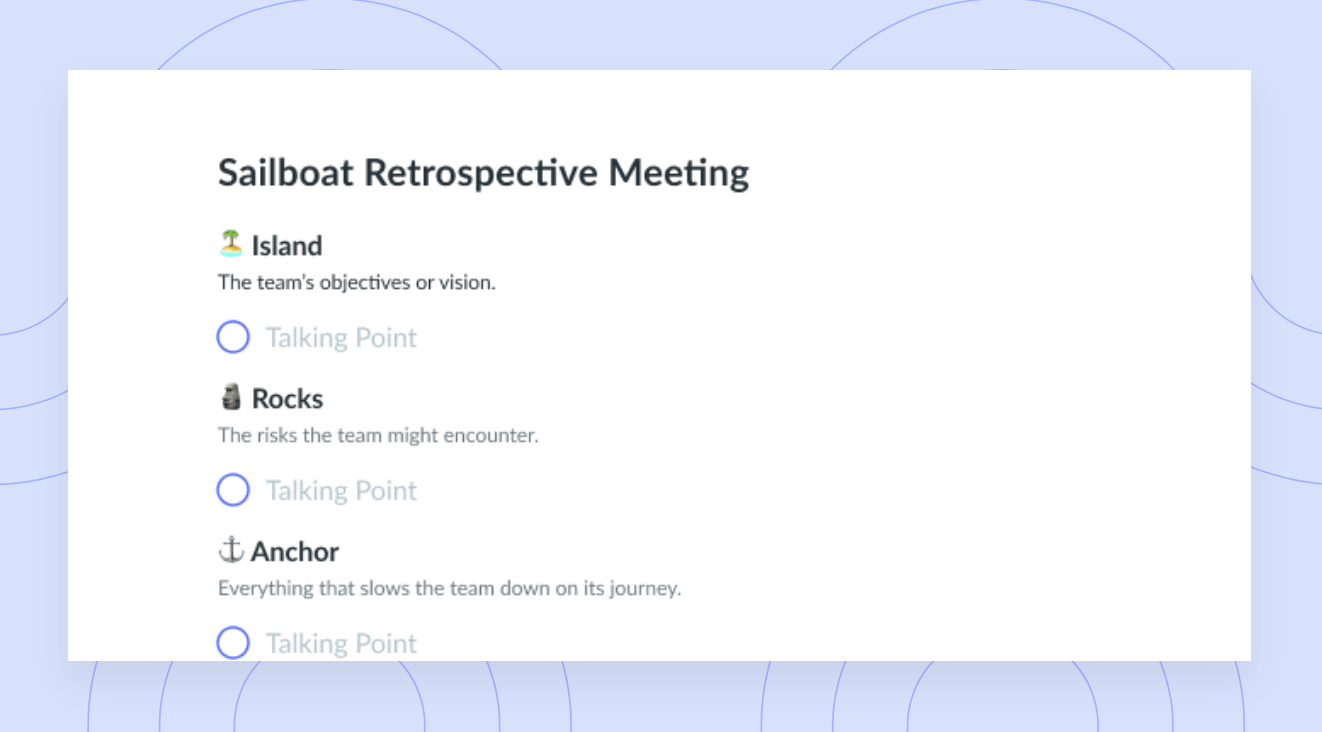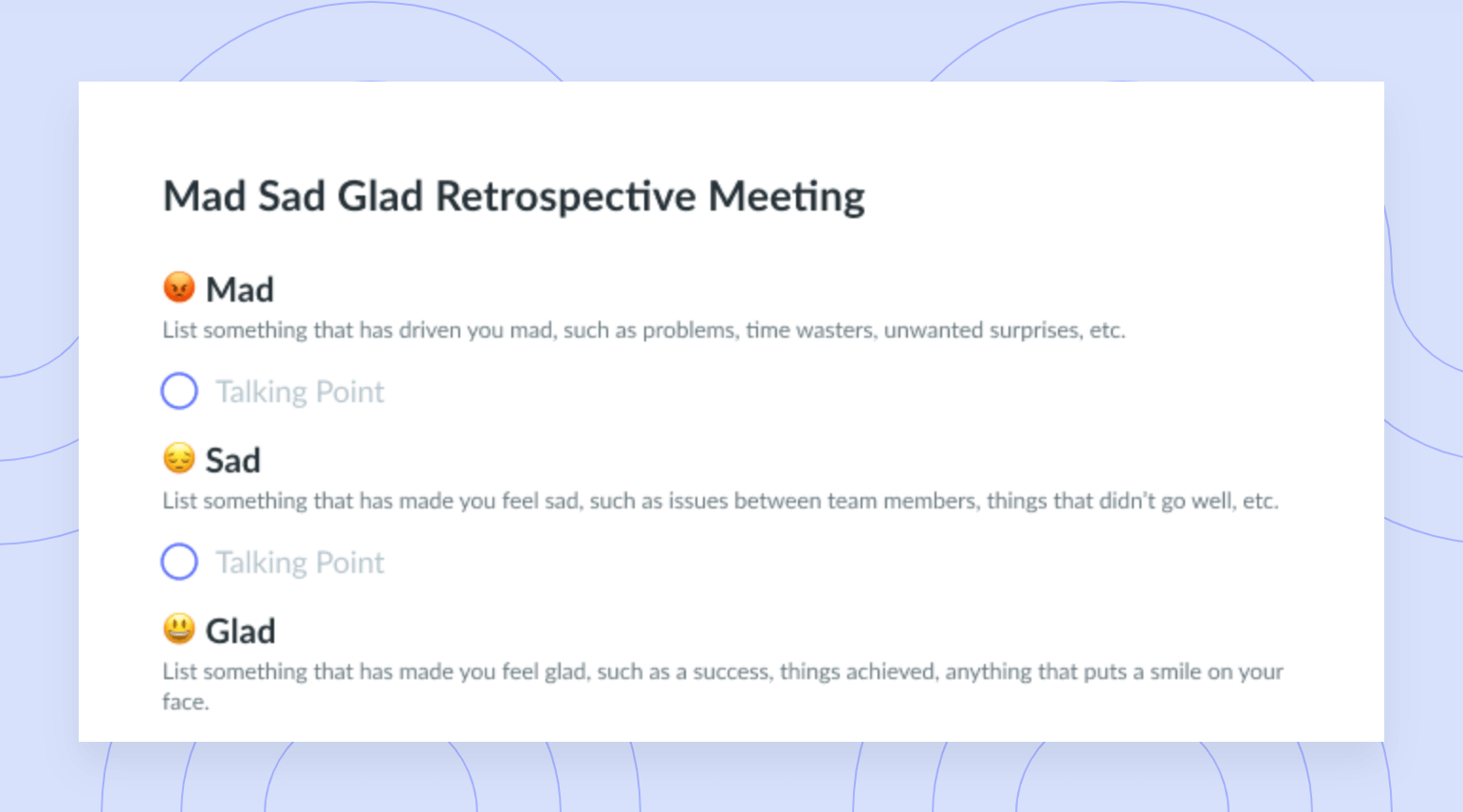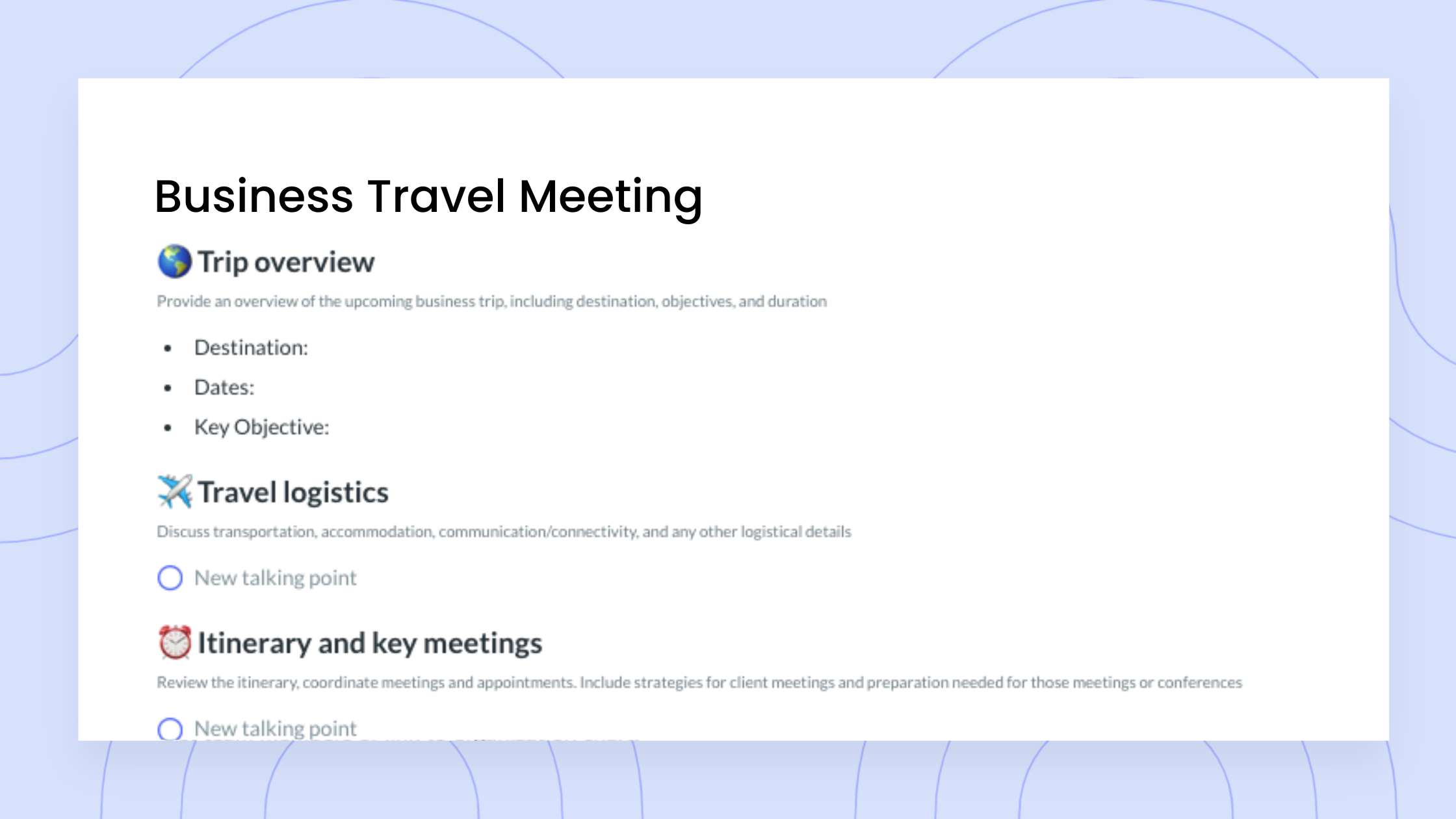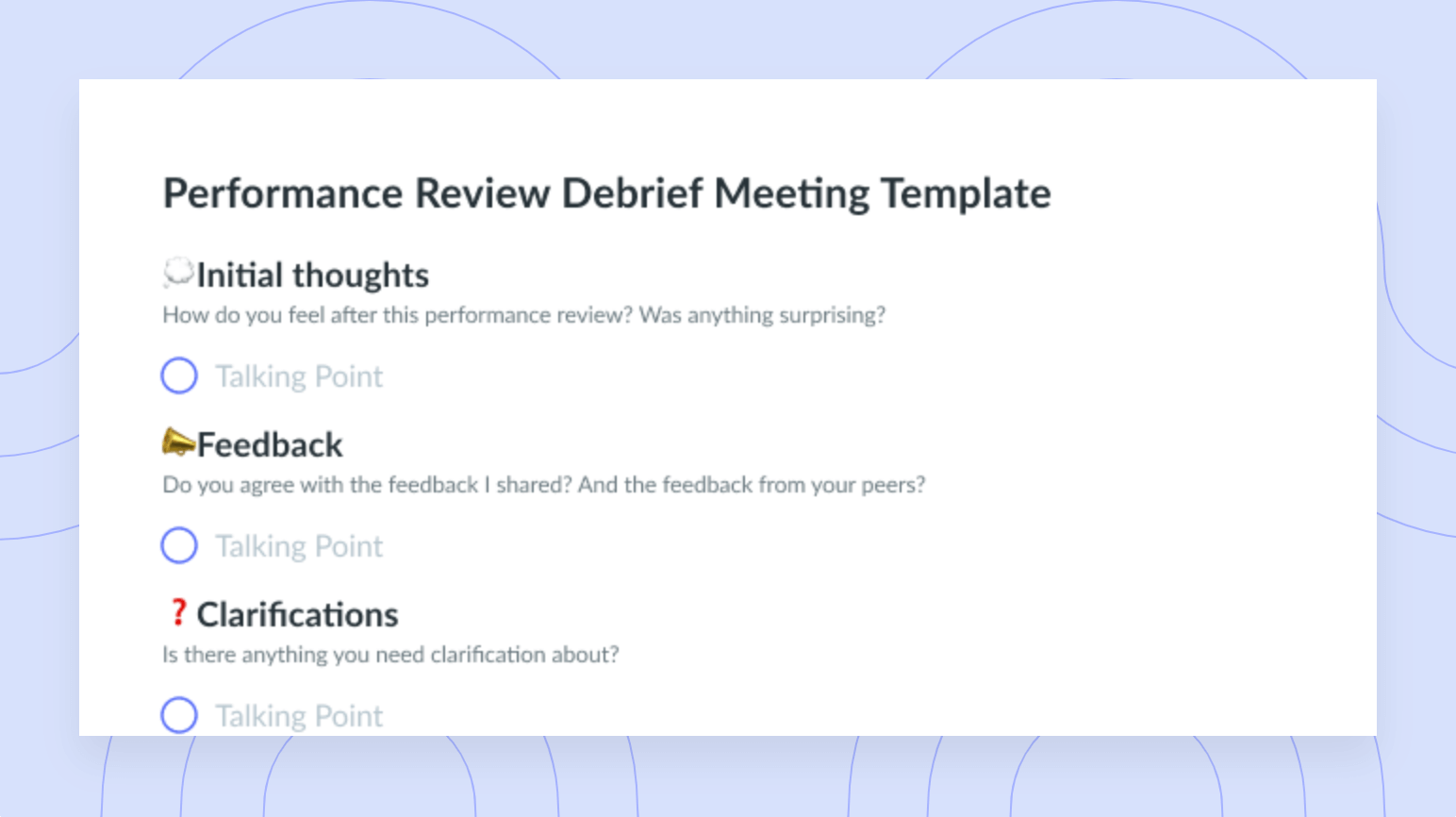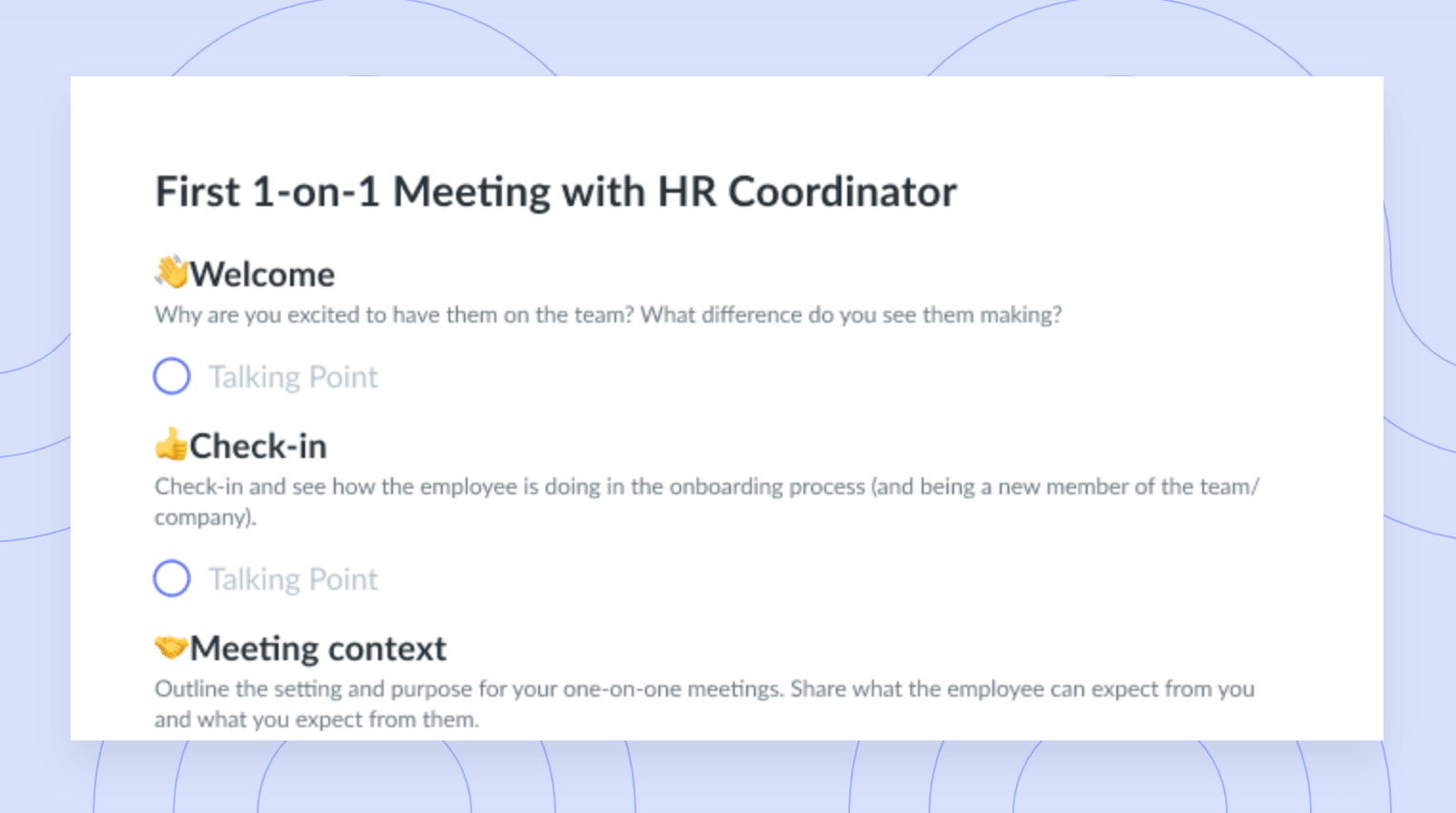The Importance of Psychological Safety and 10 Ways to Create It in the Workplace
Empower your employees to be their authentic selves at work by making them feel comfortable to take risks and share their unique thoughts, opinions, and ideas.
While organizations have had health and safety regulations in place for decades, an equally important part of health and safety is psychological safety. This is especially true during challenging times, where teams need to feel confident that they are safe in the face of vulnerabilities, knowing that together, the team can overcome any challenges sent their way.
Creating psychological safety is a process that requires commitment, problem solving and aligning on beliefs. Feeling comfortable and secure at work is an absolute necessity for employees to be effective in their positions and to be productive as an organization. This article is going to cover how you can create psychological safety in your workplace and why it’s so important to do so.
- What is psychological safety?
- Why is psychological safety important?
- 10 ways to create psychological safety
What is psychological safety?
Psychological safety is feeling safe to communicate honestly and behave genuinely, without any fear of your words or actions being used against you. Creating psychological safety at work means that employees are not afraid of there being any consequences for simply being themselves and for being true to who they are. Fostering this kind of environment is hugely based on intent: if someone had a negative intent, this has nothing to do with making someone feel psychologically safe; if someone had a good intent, there shouldn’t be any kinds of consequences, even when the outcome isn’t ideal. Knowing that there is space to make mistakes without being brutally criticized is important for employees’ motivation and productivity at work.

Create a safe space
Having regular one-on-one’s with your direct reports helps build a strong relationship. Using a collaborative agenda allows them to contribute their talking points and own the discussion. Try using a meeting software like Fellow!
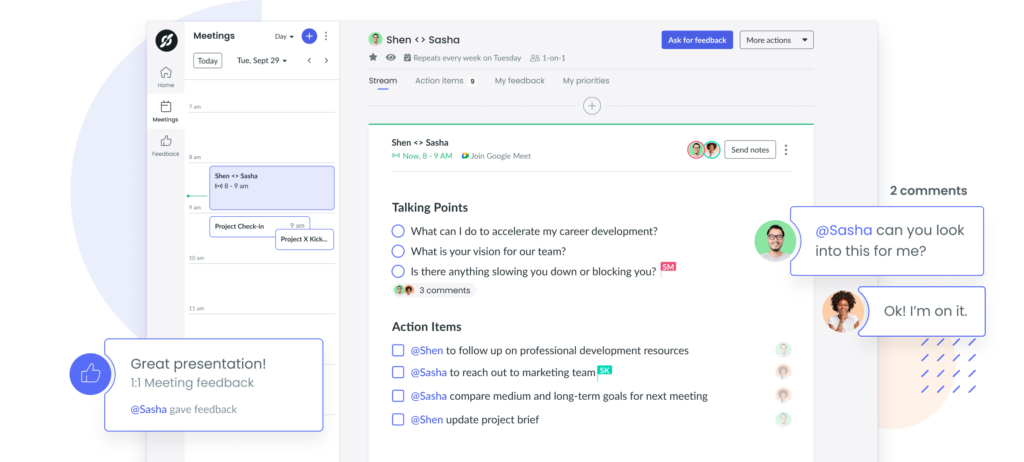
Why is psychological safety important in the workplace?
The importance of psychological safety is paramount because if individuals don’t feel safe to be their authentic selves, no one is going to have the courage to take risks or think outside of the box. As such, individuals are going to lose creativity and the desire to share innovative ideas that are likely to drive the company forwards. Making employees feel small and unable to speak up and contribute in meaningful ways is going to negatively impact their drive as well as their satisfaction at work. As a result, you’re going to struggle with attracting and retaining top talent.
10 ways to create psychological safety
- Involve your entire team
- Focus on performance
- Practice active listening
- Focus on learning opportunities
- Bring your whole self to work
- Don’t tolerate negativity
- Be open to feedback
- Have regular one-on-one meetings
- Promote positive debates
- Show appreciation
1 Involve your entire team
Each individual within the organization has unique skills and abilities. When everyone is involved in discussing, problem solving, and strategizing, the organization gains a huge advantage of using diverse backgrounds and insights. Involving employees in the strategies that involve the work they’re doing is going to empower and motivate them, since they’ll see that their opinions are valued and considered (especially when it affects them directly). Involving the whole team creates a great opportunity for collaboration and enhances the company culture.
2 Focus on performance
Your focus on performance is essential for your team to feel psychologically safe. Because making employees feel psychologically safe contributes to solving complex problems, the quality of the work being performed needs to be a major point of focus. In a recent article by the Harvard Business Review, the contributors explain:
“Building a psychologically safe work environment starts with shifting the narrative of the intervention from culture change or interpersonal skills in order to make the case that the quality and candor of conversation matters for results. This is not an abstract claim: Achieving performance in knowledge-intensive work relies on integrating the ideas and expertise of multiple people, which requires a willingness to speak candidly in a timely manner.”
3 Practice active listening
Active listening is another essential step towards making employees feel safe at work. Fully listening to your employees promotes effective communications and engaging conversations. It’s a sign of respect, of trust, and of empathy. If employees don’t feel like you’re listening to them, they’re going to stop contributing their ideas and wasting their energy. It can be extremely discouraging to come to the conclusion that your boss doesn’t value your opinions, and it will only be so long before you, as a manager, are facing disengaged and unmotivated employees. During conversations with your team members, ask questions, keep strong eye contact, don’t look at your phone, and be aware of your body language and facial expressions.
4 Focus on learning opportunities
Focusing on learning opportunities, rather than throwing a fit when something goes wrong, is super important. Mistakes are necessary for you and the team to learn, pivot on the original plan, and try again with a different approach. In a recent article by Forbes, the contributors draw on this concept from a TEDx talk by Amy Edmondson from the Harvard Business School who communicates,
“Frame the work as a learning problem — not an execution problem — acknowledge your own fallibility, and model curiosity and ask lots of questions.”
When we reframe an issue in a positive light, it’s approached in a more constructive way, which moves us away from pointing fingers at others for any kinds of organizational shortcomings. Use these mistakes as an opportunity to brainstorm and problem solve as a team, thus adopting a growth mindset, instead of adopting limiting beliefs.
5 Bring your whole self to work
When we say bring your whole self to work, we mean bring your complete, unique and authentic self into the office. You should not need to change your personality to be good at your job or to be respected in it. So long as you’re being professional, you should truly be yourself at work. Building self-awareness about yourself and the way you operate is a key component to bringing your whole self to work. Think about how you work best, how you best communicate, and how you’d like to be recognized. This awareness and authenticity is going to encourage your team members to be themselves as well, and will create more transparency across the board.
6 Don’t tolerate negativity
You should have zero tolerance for negativity in the office. When you let one comment slide, it often becomes another, then another, spreading quickly and spilling toxic energy into the office. Confronting negativity right away is a good way to discourage these kinds of unproductive contributions. It’s typically best to confront negativity one-on-one with the person sharing this negative information, but you should make it clear to employees that negative comments are unacceptable in the workplace. Rather than shutting things down negatively, you can have constructive debates and disagree in a respectful manner.
7 Be open to feedback
If you want employees to feel psychologically safe, they need to have the ability to give you honest feedback. Your team needs to know that they’re encouraged to voice their opinions; this opportunity for your team to give feedback will ensure that no important information or thoughts are missed. You can show your team that you’re open to feedback by providing honest feedback to employees, listening actively to employees thoughts, showing interest and a curiosity in other viewpoints, and asking your team members open-ended questions. You can save a few minutes at the end of each meeting to ask your team for feedback so there’s a space for them to share their views openly.
8 Have regular one-on-one meetings
Hosting regular one-on-one meetings is a way to really connect with each person on your team and to give them your full attention. Regularly meeting with each employee is going to make individuals feel more comfortable coming to you with whatever it is that they’d like to confront. During these one-on-one meetings, show your team members that you’re focused on them by staying present, asking questions, and giving them the floor to discuss what matters most to them. Whether it’s through your words or your actions, remind your employees that you’re there to support and guide them in any way you can.

9 Promote positive debates
Positive, constructive debates are going to pave the way for smart, strategic decisions. To encourage healthy debates, rather than a situation of conflict, you need to first foster an environment and a culture where each person feels comfortable disagreeing in a respectful way. In a healthy and collaborative environment, everyone’s ideas are heard and debated with equal merit. Each team member can bring a unique perspective to the brainstorming process and each perspective can help the entire group see an obstacle in a new light.
10 Show appreciation
Recognize and show appreciation for your team members by giving them positive feedback. Whether it’s in your one-on-one meetings or in front of the group, recognition should be given to your employees so they know their hard work doesn’t go unnoticed. Fellow enables your team to share real-time feedback on meetings, projects, and performance so you never miss the opportunity to recognize someone for a job well done. When you lead by example and show appreciation for your team members, it’s likely that this appreciation will become a part of the company culture, where peer recognition comes often and company wins are collectively celebrated, thus boosting morale and motivation.
Parting advice
Creating psychological safety in the workplace is as important as ensuring the physical safety of your employees. Fostering a space where employees feel comfortable and confident to be themselves is an absolute necessity for them to be happy inside and outside of work. You can create psychological safety by ensuring employees feel comfortable to share their honest thoughts, opinions, and beliefs and by providing opportunities for their voices to be heard. When people feel empowered and included as part of an organization, they’re going to work harder, knowing that their insights are valued and that their contributions matter.



![11 Ways to Encourage Team Effectiveness [+ Free Template]](https://fellow.app/wp-content/uploads/2022/06/Team-Effectiveness-2.jpg)





